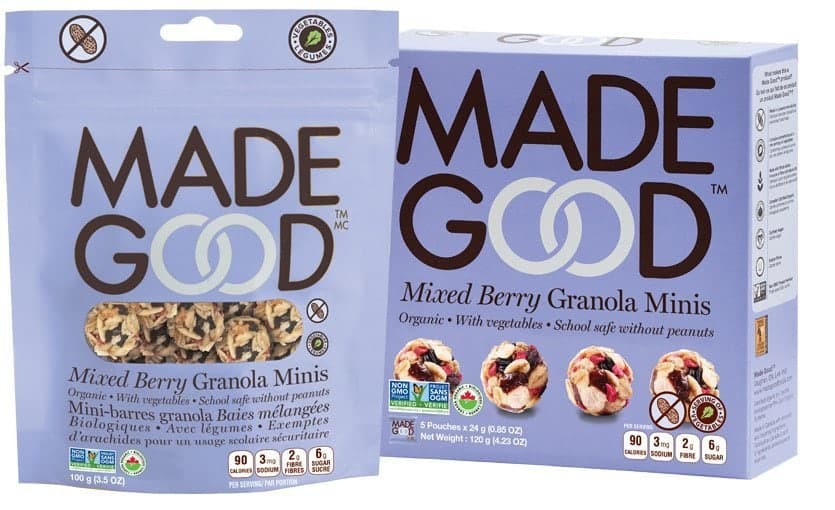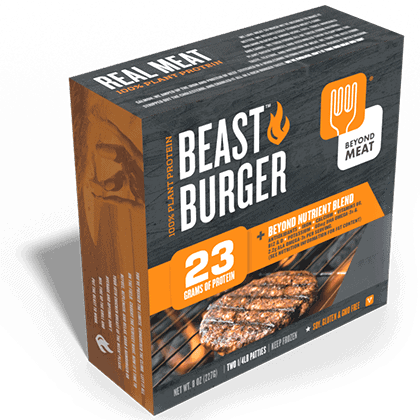Flexitarians: A Food Manufacturer’s New Best Friend
American consumers are now opting to eat less meat in favor for plant-based protein sources like nuts, beans, and jackfruit. Dubbed as “flexitarians” or the flexitarian diet, this has sparked a new trend in the market for products that feature meaty texture and flavors minus the meat. Around 38% of Americans claim that they have at least one meatless day in a week. So why are they gaining traction? While vegans and vegetarians are becoming increasingly popular, there are more flexitarians and they have a high demand for plant-based protein snacks and meals.
The Rise of the Flexitarians
There is an increasing number of people whose diets lean towards plant-based foods. In the United States alone, more than 120 million people claim that they follow the flexitarian diet. This is a tremendous market opportunity that is twice as large as the domestic vegan and vegetarian markets. Also called as part-time vegetarians, flexitarians have influenced many food manufacturing companies to develop new products that will appeal not only for the flexitarians but also to vegetarians and vegans.
The Effect of the Flexitarian Diet
The rise of consumers who follow the flexitarian diet has also increased the demand for food manufacturers to create alternative plant-based proteins. According to Lu Ann Williams from Innova, these alternative products are becoming more sophisticated over time. Gone are the days when people can only opt for soy and tofu as alternative protein sources. NutriFusion in particularl offers a variety of plant-based protein options for food manufacturers including potato, pea, cranberry, and hemp.
 Aside from creating alternative protein sources, many food manufacturers are also joining the bandwagon of free-from foods. Free-from foods are those that do not contain a particular detrimental ingredient. These include gluten-free, dairy-free and allergen-free foods. Many food manufacturers produce these specialty food products for flexitarian consumers who suffer from certain conditions that can be triggered by the presence of “detrimental” foods.
Aside from creating alternative protein sources, many food manufacturers are also joining the bandwagon of free-from foods. Free-from foods are those that do not contain a particular detrimental ingredient. These include gluten-free, dairy-free and allergen-free foods. Many food manufacturers produce these specialty food products for flexitarian consumers who suffer from certain conditions that can be triggered by the presence of “detrimental” foods.
The rise of the flexitarian diet has led many food manufacturing companies to launch new products. The number of launches that feature vegetarian claims has increased by more than 60% from 2011 to 2015. Products with vegan claims also rose to 4.3% from 2.8% from 2012 to 2014.
Consumer Food Market Trends Colliding
 It seems the rise of the flexitarian is due to the collision of the health, nutrition, and wellness trends in the market. The “clean label” and “simple ingredients” trends fall in line with the demand from flexitarians. Many flexitarian consumers are now opting for products that are made from natural ingredients using natural processing methods.
It seems the rise of the flexitarian is due to the collision of the health, nutrition, and wellness trends in the market. The “clean label” and “simple ingredients” trends fall in line with the demand from flexitarians. Many flexitarian consumers are now opting for products that are made from natural ingredients using natural processing methods.
For instance, the use of natural processing methods such as the cold-pressing of juices has also increased by 64% between 2011 and 2015. The same growth has been observed in products like chilled soups. Using natural processing methods has led many food companies to invest in new machinery and equipment to meet the demands of the consumers.
Plant-based protein and ingredients are booming, and it doesn’t look like they are slowing down anytime soon. Food companies should launch more new products that appeal to this 120 million consumer market over the next five years.
Inspired by prnewswire.com






